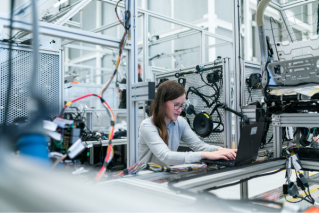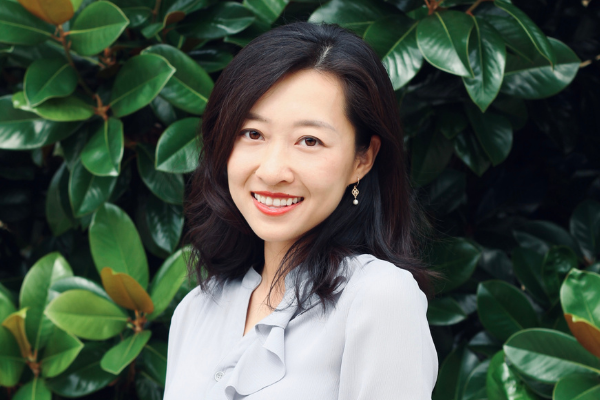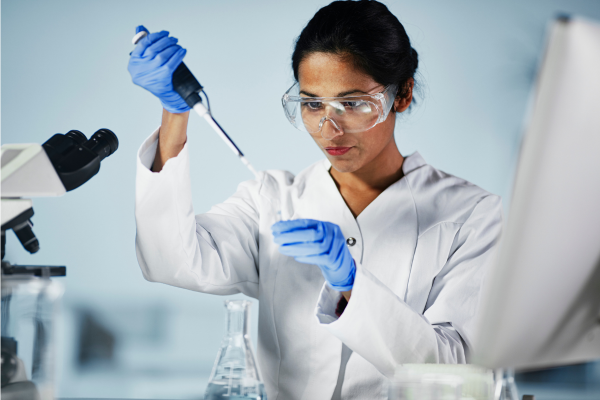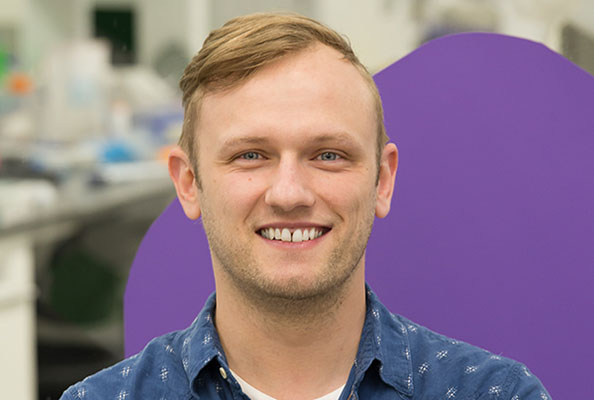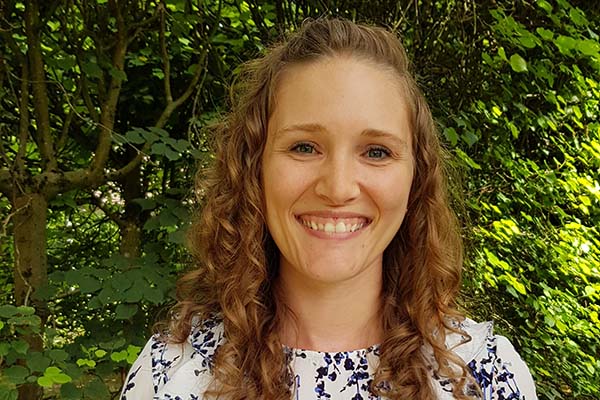By: Louisa Dalton, special to C&EN
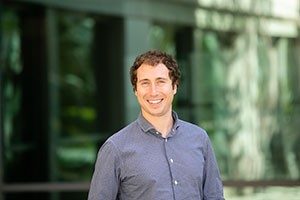
Fabio Broccatelli spent most of his life in a small Italian town “where I know everybody, and everybody knows me.” In high school, he was partial to history and philosophy, gravitating to chemistry only as a tool for investigating interesting problems. Lab research wasn’t for him, though—too much waiting. Computational chemistry attracted him with its quick turnaround and “beautiful pictures of medicines hugging their proteins.”
Broccatelli completed his Ph.D. in computational chemistry focusing on pharmacokinetics, the study of drugs’ fate in the body. During a postdoc, he realized how much he enjoyed working in cross-disciplinary teams to create medicines. So in 2014, when Genentech came looking for someone with exactly Broccatelli’s skill set, he couldn’t say no.
What Broccatelli loves to do at Genentech is “model something complex with something actionable.” He helps create computational models that predict how drugs that enter the body will be absorbed, distributed, metabolized, or excreted. Using artificial intelligence and computational chemistry, he also builds tools that apply such pharmacokinetic lessons learned from previous projects to new ones. These in silico tools should shorten the path to new medicines.
At the interface of pharmacokinetics, computational chemistry, and machine learning, Broccatelli says no university class teaches what he is doing now. He learns as he goes.
How do you describe what you do?
I design medicines, literally. I pick up all the information that we left on the table during the process of doing this for decades and look for patterns to do that faster.
How do you break up your computer time?
I am the odd guy that has a yoga pillow in his office. When I do breaks, I sit on that and do stretches. I hope that people walking by don’t see me, but I do it anyway.
What do your weekend plans usually include?
Mostly gymnastics and swimming classes for our little one. I try to do some exercise and perhaps play some music. We also enjoy cooking a lot. It is a way to connect with our background.
What do you like to cook?
We have a very clear separation in my house. My wife is in charge of pizza and anything that takes longer than half an hour. I make pasta and pasta sauces and fish.
What is good advice you have received?
You get to define what is possible for you.
Are you a night owl?
Unfortunately, I am. When I decompress, all the ideas come—in the shower or when I go to sleep. I am training myself not to do it, but it is hard, so sometimes I am just up, thinking.
What are you most proud of?
A few years ago, I initiated a cross-company discussion group for individuals in industry who do what I do. We published together and we organized a symposium at [an American Chemical Society meeting] this year. Seeing how well attended that was and having people reach out and say, “I have been doing this in isolation. I didn’t know there were others” is something I am very proud of.

Louisa Dalton is a freelancer for Chemical & Engineering News, the newsmagazine of the American Chemical Society. This interview was edited for length and clarity.

